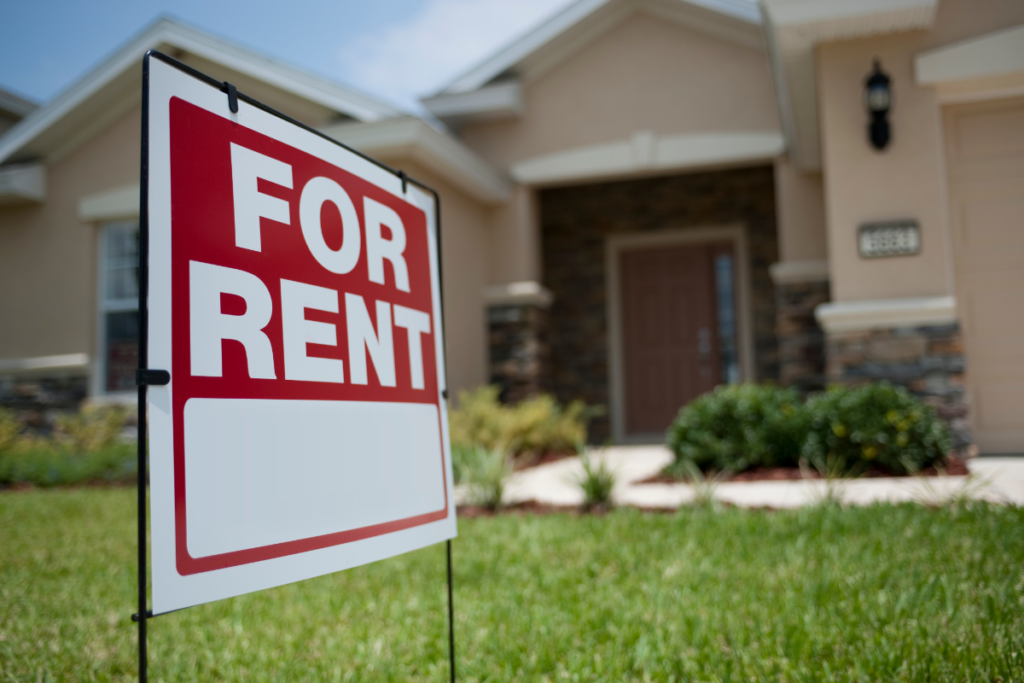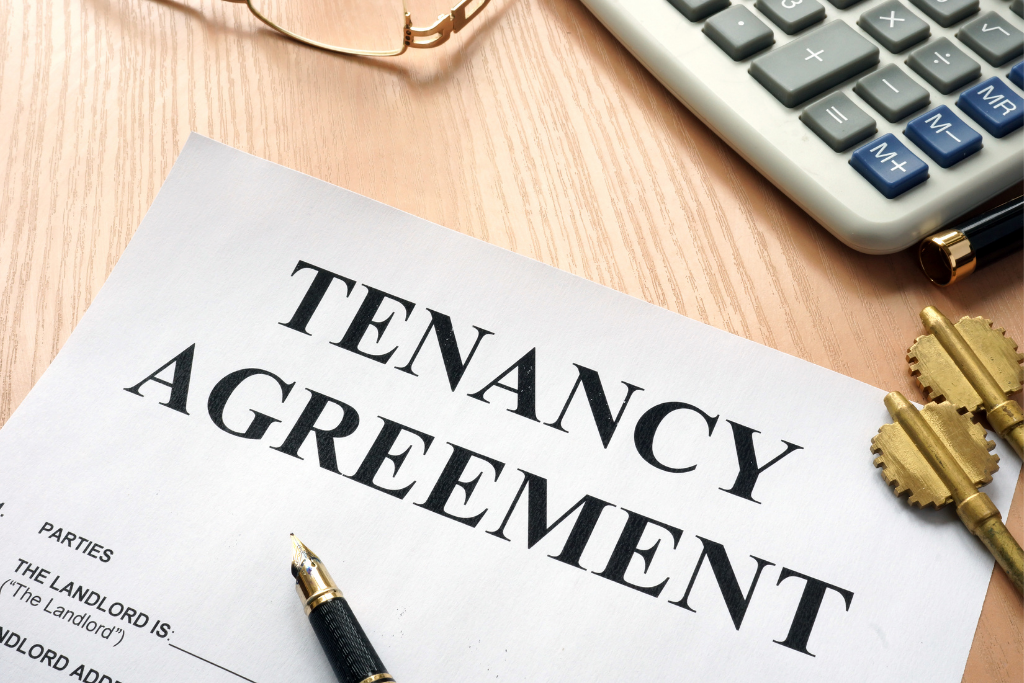Queensland's new tenancy laws
QUEENSLAND’S new tenancy laws have commenced but not all changes will commence immediately.
The Housing Legislation Amendment Bill 2021 became law on Wednesday 20 October 2021.
Queensland’s new legislation, which is administered by the Residential Tenancy Authority (RTA) amends the existing legislation Residential Tenancies and Rooming Accommodation Act 2008, Residential Tenancies and Rooming Accommodation Regulation 2009 and Residential Tenancies and Rooming Accommodation (COVID-19 Emergency Response) Regulation 2020.
There are four main provisions that are included in The Bill and while the new tenancy legislation has been made law, not all changes commence immediately.
>> READ MORE: BUYERS TO BE IMPACTED BY NEW HOME LOAN RULES

Domestic and family violence protections commenced 20 October 2021
The first change to be introduced is to provide options for people experiencing domestic and family violence to end a tenancy.
These arrangements are similar to those domestic and family violence protections that were in place as temporary measures during the COVID-19 pandemic period, with some changes made based on learnings from the implementation.
According to the RTA, these changes confirm that tenants/residents vacating a rental premises on grounds of experiencing domestic and family violence:
- can vacate immediately but must provide seven days notice and pay rent until the end of the seven day notice period
- must complete a Notice ending tenancy/residency interest (domestic and family violence) (Form 20, R20) and provide relevant evidence (such as a Domestic and family violence report)
- are not responsible for costs relating to ending of a tenancy/rooming accommodation agreement or interest, goods left behind in the rental premises or reletting costs
- are not required to repair or compensate the property manager or owner for damage to the premises or inclusions caused by an act of domestic and family violence experienced by a tenant/resident
- are still responsible for costs associated with breaching terms of an agreement which are not related to the domestic and family violence (for example, rent arrears or damage to the property by a pet)
- can request their bond contribution be refunded by completing a Bond refund for persons experiencing domestic and family violence (Form 4a). Property owners/managers can also request a rental bond refund for a tenant/resident’s bond contribution where a tenant/resident has vacated due to domestic and family violence by completing this form
- any remaining tenants/residents can be asked by the property owner/manager to top up the rental bond within one month by issuing remaining tenants/residents with a Continuing interest notice strictly between 7-14 days only after a vacating tenant/resident’s interest in the agreement ends
- can change the locks to the property without requiring the property owner/manager’s consent to ensure their safety but must provide copies of keys or access codes to the rental property owner/manager as soon as practicable.
REIQ CEO Antonia Mercorella said these protections will enable a tenant who is experiencing domestic and family violence to bypass the usual requirements and financial obligations associated with terminating a lease.
“Victims of domestic and family violence will be able to terminate a tenancy agreement with only seven days’ notice and those seven days of rent is all they will be liable for.”
Framework for all parties to negotiate renting with pets will commence on proclamation on a date yet to be set
Many tenants want pets and the new legislation effectively eliminates a property owner’s right to have a ‘no pets’ policy.
Once implemented, these changes will support both parties to reach an agreement on renting with pets.
Tenants will need to ask approval for the pet but prescribed reasonable grounds for refusing a request for approval to keep pets (such as keeping the pet would breach laws or by-laws) will be introduced and property owners will have a right to say but only on the basis of prescribed grounds.
The government has also introduced two further key changes including that pet damage be excluded from the definition of fair wear and tear and property owners can now impose conditions in the approval of a pet.
This means property owners will be able to seek compensation for damage that’s caused by pets and violating the imposed conditions could potentially be a breach of the general tenancy agreement.
Strict timeframes will also apply for property owners/managers to respond to any requests for a pet or the request will be considered approved.
>> READ MORE: LANDLORDS MAY RISK RENTAL INCOME IF THEY MISS SMOKE ALARM DEADLINE

Changes to approved reasons to end a tenancy will commence on proclamation on a date yet to be set
This provision exists to ensure that the property owner still preserves the right to end a tenancy after the culmination of a fixed term agreement.
Once implemented, these changes will remove the option to end a tenancy without grounds and instead provide tenants and property owners/managers with a wider range of specific grounds on which to end a tenancy with appropriate notice with prescribed notice periods.
While the lessor no longer has the ability to end a tenancy without grounds, new grounds for termination have been established in this provision such as end of a fixed-term agreement, to undertake significant repair or renovations, change of use or sale or preparation for sale of the rental property requires vacant possession.
“Other new grounds include if the owner wants to sell the property or if the owner themselves want to move back in or a family member wants to move back in, or the property is to be developed, there’s a series of new grounds. Having said that, all of those do still require the fixed term tenancy to come to an end before they can be relied on,” Ms Mercorella said.
New grounds for tenants to end tenancies will include the property is not in good repair or does not comply with minimum housing standards.
Minimum housing standards due to commence 2023-24
Another major provision sets out some basic standards that need to be met to allow a residential property to be rented in Queensland.
Minimum housing standards will apply for new tenancy agreements from 1 September 2023, and apply for all tenancies from 1 September 2024.
By prescribing minimum housing standards, clarifying repair and maintenance obligations and introducing compliance mechanisms to strengthen the ability to enforce these standards, the Queensland Government aims to ensure all Queensland rental properties are safe, secure and functional.
“The property needs to be waterproof. Locks on doors and windows need to work. Windows need to have some form of coverage on them. If there are kitchen and laundry facilities, they need to work,” Ms Mercorella said.
“These are all very reasonable standards and I think they clarify that it shouldn’t be lawful to rent out a property that doesn’t meet these conditions.
“This is a great one for tenant security and deals with the landlords out there who are leasing properties that aren’t fit for human habitation.” For more information, visit the RTA website on rental law reform.



